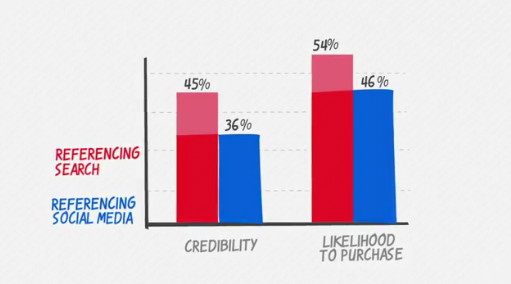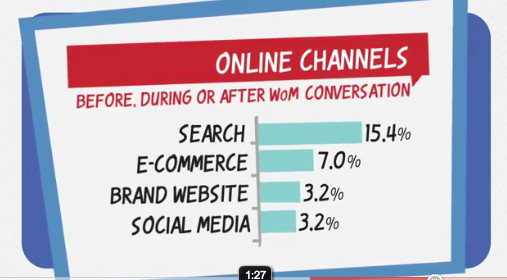 Jive Software recently published a study that unveils how social software is increasingly perceived as a strategic executive imperative in the enterprise. Surprise? No. Jive is a provider of social business technology and commissioned the study, which was conducted by Penn Schoen Berland and asked 902 U.S.-based knowledge workers.
Jive Software recently published a study that unveils how social software is increasingly perceived as a strategic executive imperative in the enterprise. Surprise? No. Jive is a provider of social business technology and commissioned the study, which was conducted by Penn Schoen Berland and asked 902 U.S.-based knowledge workers.
The three key finding can be summarized as…
– Social strategy will be critical to the future success of businesses.
– App Stores are gaining traction in the enterprise
– Email usage is growing but is not solving communication challenges in the enterprise
So, what are essential facts from the study…?
Enthusiasm for social software in enterprise is high according to the study. 96% stated that social software adds value to at least one key performance indicator with 67% claiming it would improve customer engagement. 57% even believing it would increase sales or revenue. Two-thirds (66%) of executives responded social software represents a fundamental shift in how companies work and engage with customers.
However, only 17% of the same executives reported being ahead of the curve in this area. So, obviously web business strategy is not where executives think corporate culture should be. And that is although 83% of executives leverage at least one social network for work use.
Reference marketing is becoming essential and social software will play a big role in the future of purchase decisions. 54% of millennials said that they are more likely to rely on and make purchase decisions from information shared via personal contacts in online communities versus 33% more likely to use information from “official” company sources.
Obviously the study also finds that mobile is growing. App stores are gaining tracion in the enterprise and 74% of executives are indicating interest. The reason i salso mentioned in the study. 92% of executives and 82% of millennials believe that work-related web-based apps greatly or somewhat increased their productivity.
As a final finding, the study states the growing use of email which the bloggosphere is evaluating as a weak collaboration tool for a while. The study agrees here. 89% of executives, 88% of millennials and 76% of general knowledge workers believe that they and their teams would be more productive if they could dramatically reduce the time spent writing and reading emails. Seventy-three percent of executives, 73 percent of millennials and 64% of general knowledge workers agree that social platforms will fundamentally change the way people share, connect and learn at work and with companies.
Spot On!
The study obviously favors the benefits of social software (it is a Jive USP). Some weeks ago, an IBM study took a step ahead and looked at the way executives have to challenge SocialCRM in the future and what their main fields of activity are at the moment.

So, if knowledge management in companies via social software is seen to have client engagement potential to improve business objectives, executives should have a close look at the following numbers and think about how (and how long to wait) to implement social software in their business processes: 73% of execs and millennials and 64% of general knowledge workers agree that social platforms will fundamentally change the way people share, connect and learn at work and with companies.


 It seems to be a love and hate relationship: Executives and Social Media. On the one hand, companies see how
It seems to be a love and hate relationship: Executives and Social Media. On the one hand, companies see how 
 Many companies have started showing case studies, infographics, or videos to present their latest Social Media activities. Now, EMC comes up with a great video that explains nicely how the copany leverages the power of the social web.
Many companies have started showing case studies, infographics, or videos to present their latest Social Media activities. Now, EMC comes up with a great video that explains nicely how the copany leverages the power of the social web.
 Jive Software recently published a
Jive Software recently published a 




